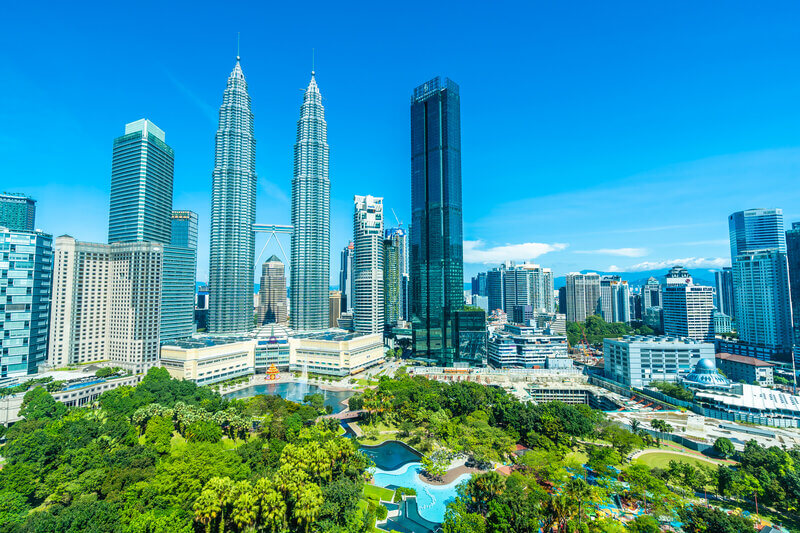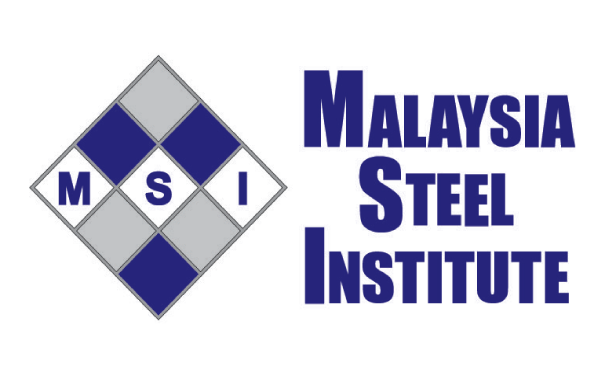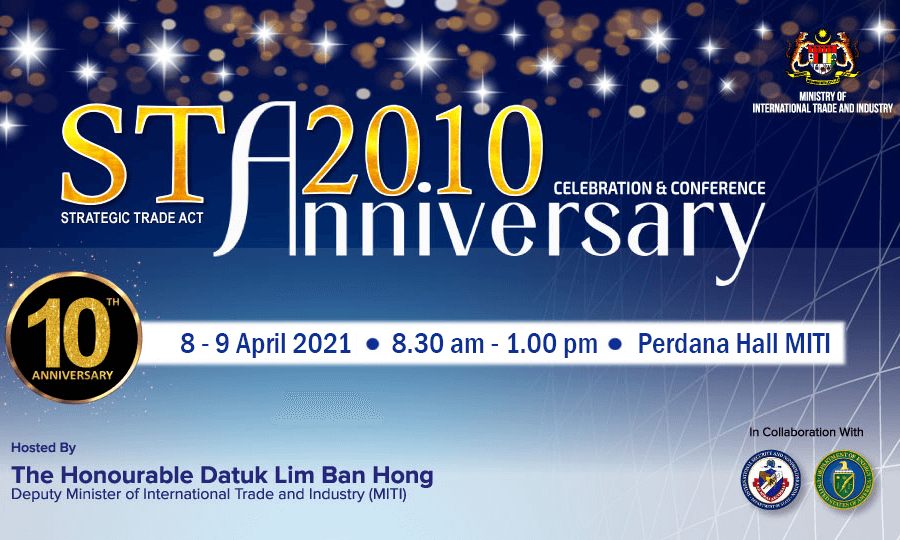Rebuilding the Malaysian Aerospace Industry
MITI to Facilitate the Restoration of Malaysia’s Aerospace Industry Following the Impact of the Pandemic

The aerospace industry has been identified by the Malaysian Government as an important sector that spearheads the development of the world’s most complex core technologies – which can be applied to other industries. The sector is also known to create the pathway for future technologies and its importance is reflected in the 11th Malaysia Plan (2016-2020). In charting the industry’s way forward, the Government will implement a more robust action plan under the 12th Malaysia Plan (2021-2025).
Since the implementation of the key initiatives of the Malaysian Aerospace Industry Blueprint 2030, led by the National Aerospace Industry Coordinating Office (NAICO) under the Ministry of International Trade and Industry (MITI), the aerospace industry has shown a steady growth in terms of revenue and export value. The Blueprint, which was launched in 2015, aims at transforming Malaysia into a leading aerospace nation in Southeast Asia by 2030. The industry is expected to generate an annual revenue of RM55.2 billion and to create 32,000 jobs throughout the industry sub-sectors by then.
“In 2019, the Malaysian aerospace industry secured RM16.2 billion revenue with 27,500 highly skilled workers serving the industry.”
This positive development was due to the increased number of activities in the Maintenance, Repair & Overhaul (MRO) business - with 49 per cent market share - while the manufacturing segment (aerostructure & engine components) accounts for 47 per cent of the market share. Globally, Malaysia has been touted as a nation that produces high-quality aerospace products for global aerospace leaders such as Airbus, Boeing, Rolls-Royce, Safran, Honeywell and Thales.
Since last year, the COVID-19 pandemic has severely impacted the global aerospace industry. The Malaysian industry is no exception. Commercial aviation is the most impacted sub-sector due to the closure of international borders and limitation of domestic travel. It was reported that both aerospace manufacturing and MRO businesses have been experiencing deferment of orders and heavy maintenance services.
“Under the 2021 budget, the Government announced five aerospace projects that are expected to revive the industry and maintain its competitiveness globally. RM15 million was allocated for the aerospace industry’s development programs - covering the promotion of the Malaysian aerospace industry ecosystem; the empowerment of the National Aerospace Center of Excellence under NAICO and the development of a highly skilled workforce; competency enhancement through the implementation of digital systems and Industry 4.0; and the development of bio-based aerospace materials.”
In addition, RM1 million was allocated for the Aerospace Quality Management System Certification Program under SIRIM Berhad. In the recently announced PEMERKASA programme, RM50 million has been allocated to further support the recovery of the aerospace industry and the budget will also be jointly utilised for the medical devices. Under this initiative, NAICO is identifying potential areas for Malaysia to bid and secure new work packages from the Original Equipment Manufacturers (OEMs), Tier-1 Companies and global service providers. This initiative offers Matching Grant to aerospace companies that successfully secured new contracts / work packages that can be localised by the local supply chain as well as to retain employment for skilled workforce.
In order to strengthen the local aerospace ecosystem, MITI will continue to assist the local industry players to expand their competencies through the introduction of advanced technologies and digital transformation. Structured development programme will be developed by NAICO as the National Aerospace Center of Excellence emphasising on the advancement of local ecosystem, Industry 4.0 implementation and development of next generation aerospace professionals. This initiative is expected to strengthen local aerospace supply chains and improve their cost structure as well as sustaining their competitiveness at the global level.
MITI also encourages the Tier-1 and Tier-2 companies to work hand-in-hand with their global suppliers and encourage their foreign suppliers to consider investing in Malaysia by establishing a subsidiary in Malaysia or through joint venture with a Malaysian partner. This will most definitely contribute to creating a conducive supply chain cluster for them. MITI and its agencies will facilitate such effort by providing attractive incentive packages including assistance on Research & Development (R&D) projects and human capital development.







.png)





